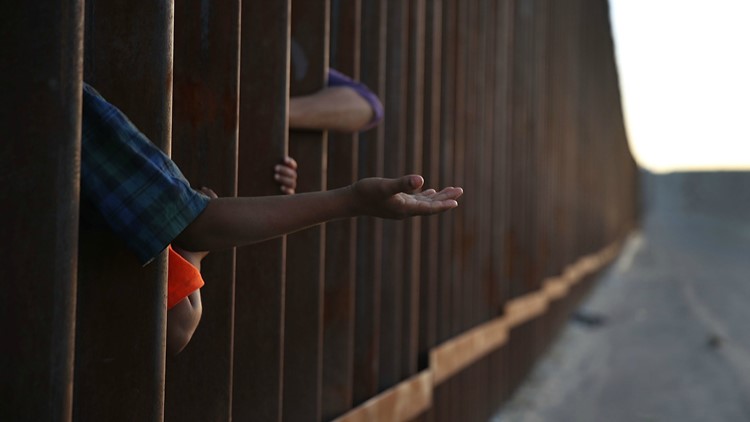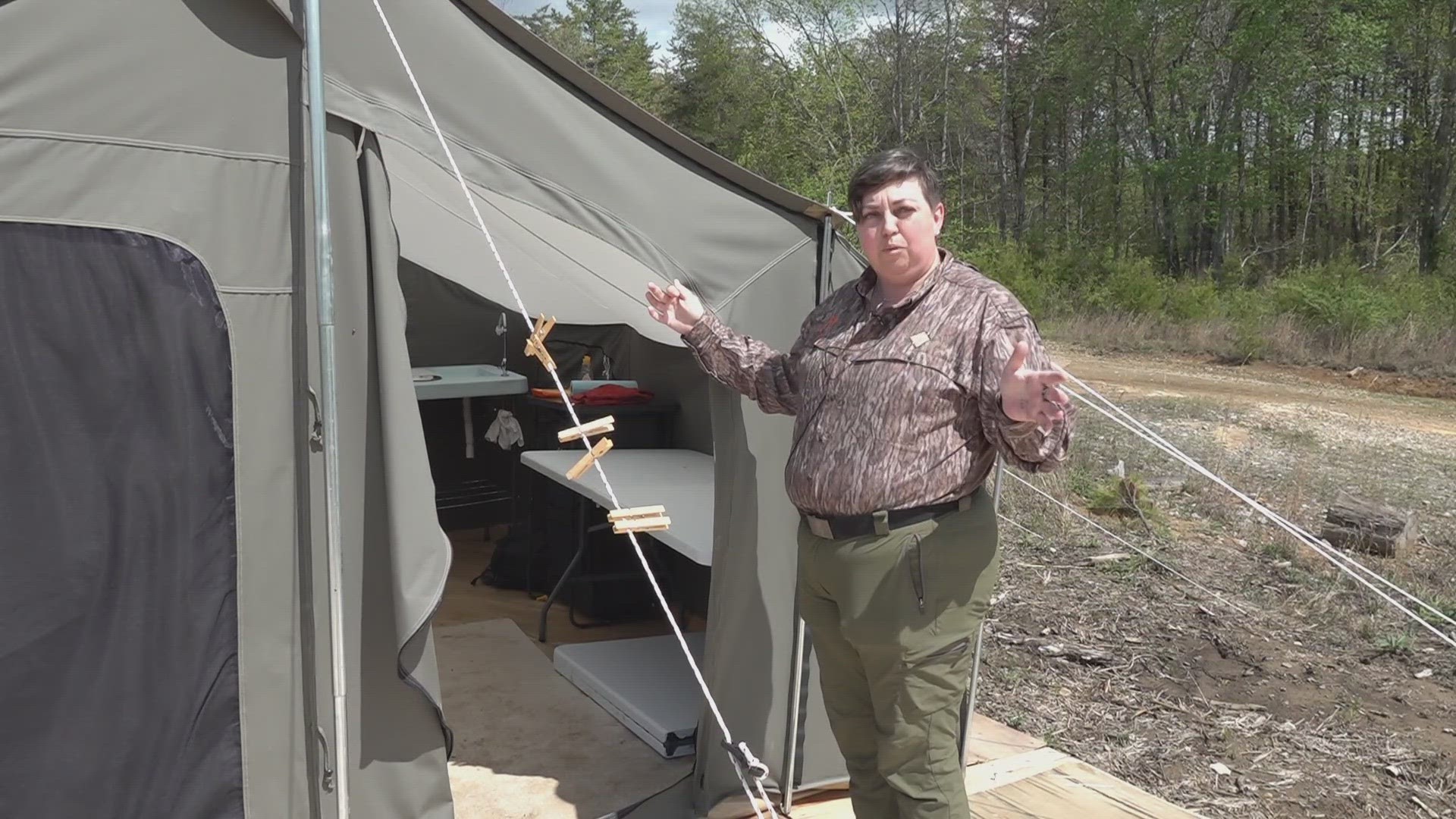The Trump administration believes that the responsibility for finding parents who were deported after they were separated from their children should rest with immigration advocacy groups, not with the federal government, according to a court document filed Thursday.
The administration reunited more than 1,400 children with their parents by a July 26 deadline imposed by U.S. District Judge Dana Sabraw. But the judge gave the government more time to reunite more complicated cases, including an estimated 431 children whose parents had already been deported.
Justice Department lawyers wrote on Thursday that the government would turn over whatever identifying information it could on the parents who were deported, including last known phone numbers and addresses. But they wrote that the ACLU "should use their considerable resources and their network of law firms, (non-governmental organizations), volunteers, and others" to establish contact with the deported parents.
ACLU lawyers argued that the Trump administration is trying to shirk its responsibility by passing its work off to private groups despite its own considerable resources.
"Not only was it the government's unconstitutional separation practice that led to this crisis, but the United States Government has far more resources than any group of NGOs (no matter how many NGOs and law firms are willing to help),'" they wrote.
The ACLU attorneys said they "hope that the Government will take significant and prompt steps to find the parents on their own."
The ACLU lawyers also complained that the government is not even sharing information it already has on parents who have been deported, mostly to the Central American nations of Guatemala, Honduras and El Salvador. They wrote that they found at least 12 parents who were already in contact with U.S. government officials, proving that the administration has established contact information with some deported parents but didn't pass that information along to the ACLU.
Even when information is being shared, the ACLU argues that it's only coming in pieces. Some addresses for parents list only a street, some merely a city.
It remains unclear what will happen when the parents are located. They could waive their right to be reunified and allow their children to remain in the U.S. to fight for legal status. But the ACLU is asking Sabraw to give parents the additional option of flying back to the U.S. to consult with lawyers and their children, a proposal that Trump administration officials have refused.
The disagreement over the deported parents marks the latest step in the arduous process of reunifying more than 2,500 children who were separated from their parents under President Donald Trump's "zero tolerance" policy.
The policy required that most people apprehended trying to illegally cross the U.S.-Mexico border were to be charged with a criminal violation, and sent to immigration detention centers or federal prisons to await deportation hearings. That prompted the government to separate them from their children, due to a U.S. law and a 1997 court settlement, known as the Flores Consent Decree, that limits the detention of children to no more than 20 days.
The policy was widely condemned and the president signed an executive order ending the practice in an attempt to mitigate the problem.
A week later, U.S. District Judge Dana Sabraw, based in San Diego, ruled that the practice may have violated the due process rights of the families, and ordered the administration to reunite them within 30 days.
Lawyers on both sides are now at odds over whether the government has met the judge's deadlines, and whether the government is doing enough to reunite parents who have been deported.
On Tuesday, a bipartisan group of senators grilled administration officials over the family separation crisis. During the hearing, a senior Department of Health and Human Services official said he repeatedly warned the Trump administration that the separation policy would not be in "the best interest of the child."
On Wednesday, a group of 14 bipartisan senators sent a letter to the heads of the departments of Justice, Homeland Security, and Health and Human Services, demanding information on the status of separated families, including those where the parents have been deported.
"Unfortunately, the flow of information to the public and to congressional offices with important oversight responsibilities has been both incomplete and below acceptable standards," the senators wrote.
And on Thursday, Ivanka Trump, the president's daughter and senior adviser, weighed in calling the family separation practice a "low point" in her father's presidency.
Sabraw is scheduled to hold a hearing on Friday to decide who should bear the responsibility to find the deported parents.



